
On January 1st the electricity price rose from 27.35p/kWh to 28.62p/kWh; a 6% increase which over time will be significant to households across the country struggling to make ends meet. This means that since 2021, electricity prices have increased by 53.4%.
With energy prices remaining high, being consumer-savvy about energy-efficient products is more important than ever. Here are 4 practical tips to help you reduce your electricity bills:
- Know your home appliances and their energy efficiency ratings
Identify the electrical appliances that are regularly used in the home and find out their efficiency rating. If you don’t know, look up the model online to find out.
Modern, labelled appliances have a rating from A+++ to F. The A rated machines cost the least amount of money to run. This information will give you an idea of the electrical consumption per appliance and if the appliance can be used less often or be replaced with a more energy-efficient model.
Not every electrical appliance has energy efficiency ratings; for example, dehumidifiers and fans. In these cases, you can use the wattage to work out the cost to run per hour and therefore how energy efficient the appliance is (some brands may have put this calculation on their website for you). See the calculation below.
Cost to run per hour calculation:
1000 / appliance wattage = X
28.62 (the current electricity price in the UK) / X = cost to run per hour
Take a look at our MeacoDry Arete 10L Dehumidifier and Air Purifier as an example. The dehumidifiers wattage is 151 watts.
1000 / 151 = 6.62
28.62 / 6.62 = 4.32
The appliance therefore costs just over 4p per hour to run, making it very energy efficient!
- Unplug “vampire devices” to save £55 per year
Kettles, games consoles, printers and electric ovens are some of the worst devices to leave switched on. If possible, unplug these appliances after use. The Energy Saving Trust says that the average UK household spends £55 per year* powering on-standby appliances.
Smart speakers, phone chargers, fridges, air purifiers and dehumidifiers are appliances that drain the least amount of energy.
- Save money drying wet washing and protect the home
Dehumidifiers have proven to be exceptionally popular during the cost-of-living crisis as people discover how cost-effective they are at drying washing indoors. 2023 has been one of the wettest on record* and with such a wet autumn and winter it’s been challenging for households to dry laundry indoors.
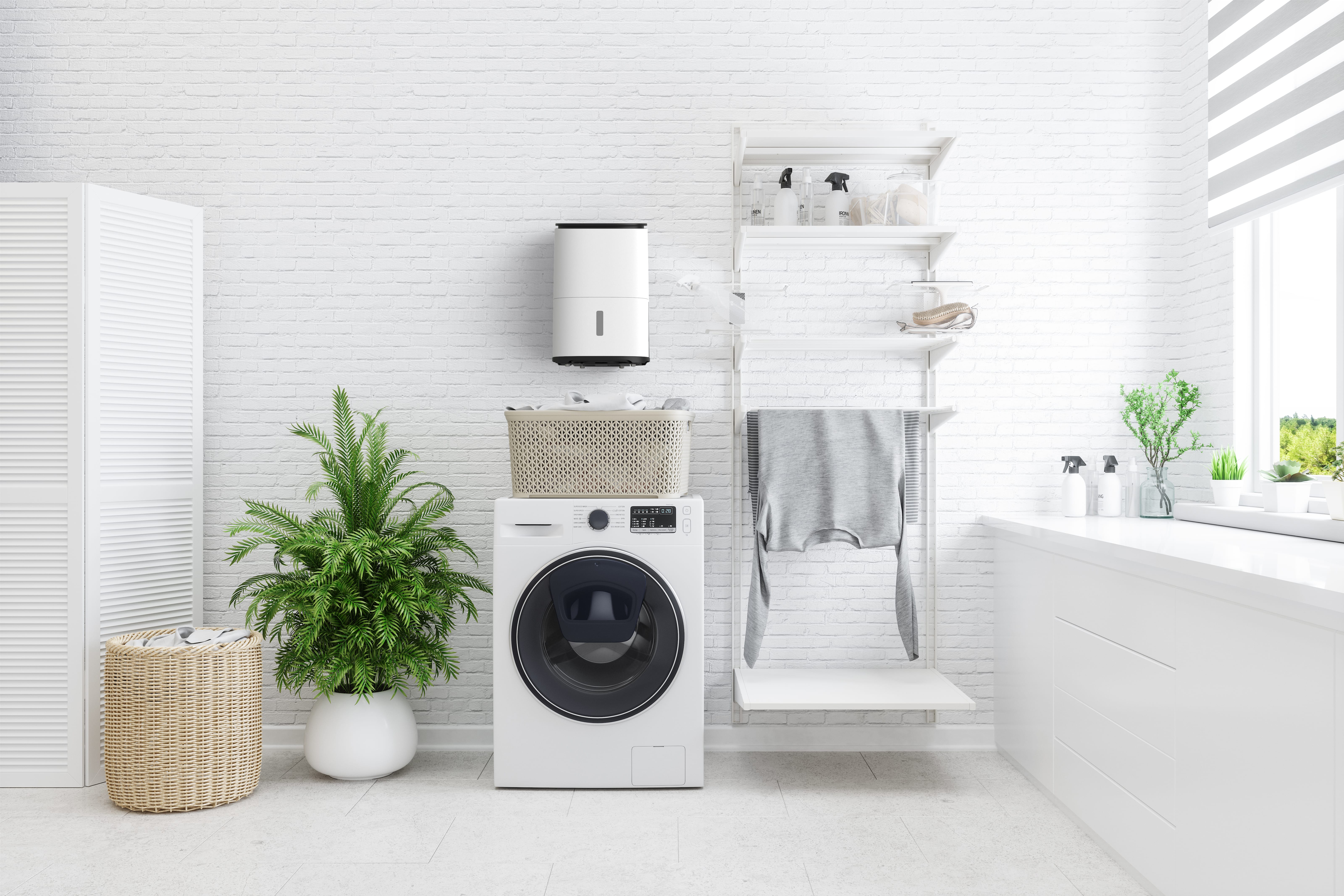
With the new energy price increases the cost of drying a typical load of washing in a tumble dryer from £1.27 to £1.35. With an average UK usage of approximately 270 wash loads per year*, this increase could result in as much as £20 extra for households annually.
Our dehumidifiers will dry the same amount of washing for approximately 38p, an approximate saving of £1 every time. A dehumidifier with a laundry mode will switch itself off after a laundry cycle to save even more energy. It also protects the home, preventing mould related issues, stops damp smells and takes the chill out of the air.
From an efficiency perspective, not all dehumidifiers are the same. When looking at dehumidifiers, it’s important to pay attention to both the electrical consumption figures and the length of warranty that comes with the appliance. While one dehumidifier may cost less upfront, but it might be more expensive to run, meaning, in the long run, you’ll spend more money.
We are proud to have recently hit the milestone of one million dehumidifiers sold. We believe our popularity is a testament to our dedicated effort to engineering dehumidifiers that are energy-efficient and operate with low noise.
- Future proof against further prices rises by replacing inefficient appliances
Energy-efficient appliances may have a slightly higher upfront cost, but they can pay for themselves (and more) by saving you money in the long run. These appliances are designed to consume less energy without compromising on performance. Over time, the savings on your energy bills can offset the initial investment.
As electricity prices continue to fluctuate, investing in energy-efficient appliances is a way to future-proof your home. These appliances are designed to meet or exceed the latest energy efficiency standards, ensuring they remain cost-effective as electricity prices change.
Reducing energy consumption isn’t just about saving money; it’s also about reducing your carbon footprint. Energy-efficient appliances contribute less to greenhouse gas emissions, helping combat climate change.
For more advice on how to reduce electricity costs, prevent moisture issues such as damp, mould and condensation and stay healthy in the home, please visit our Blog for more information.
Check out our dehumidifier range

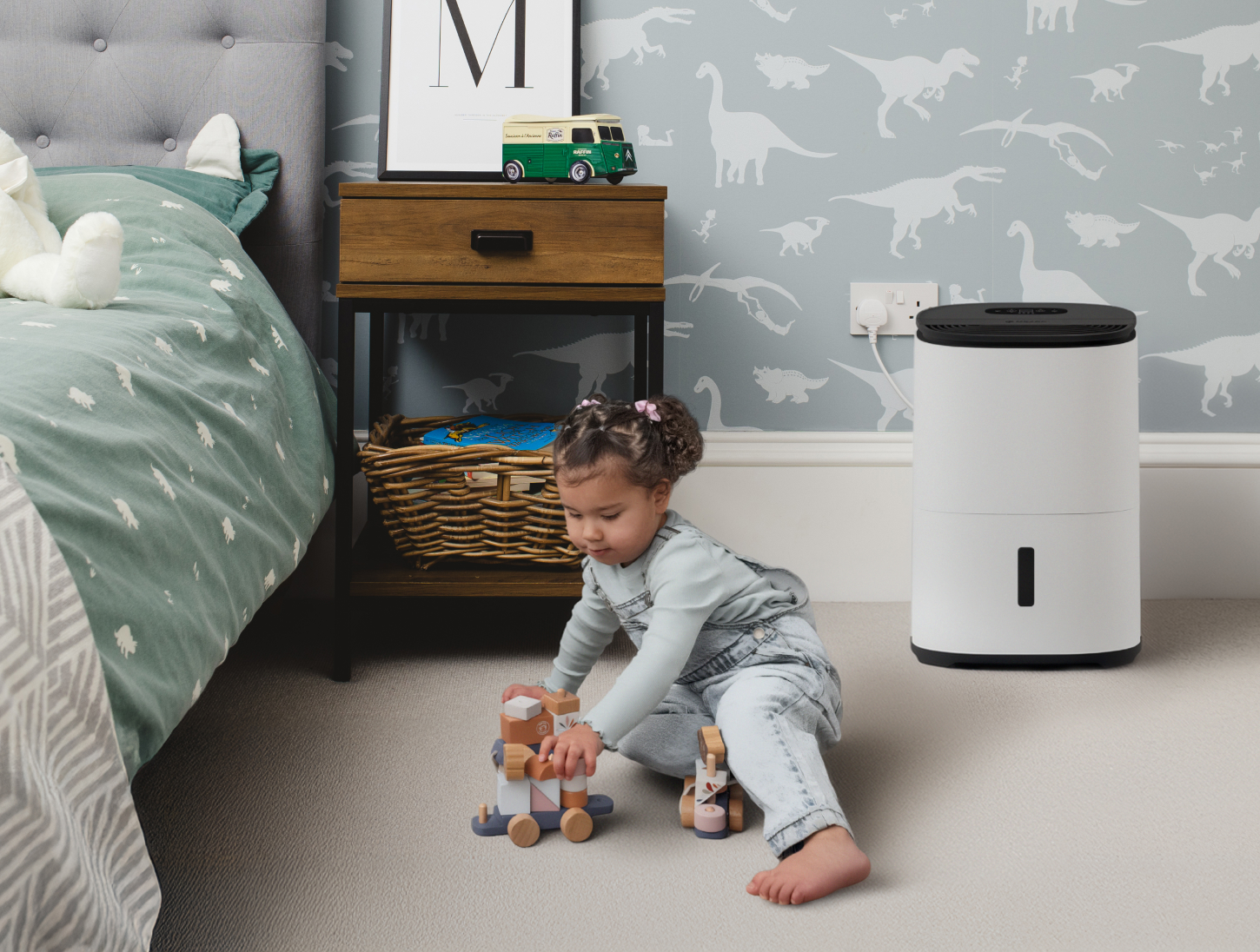
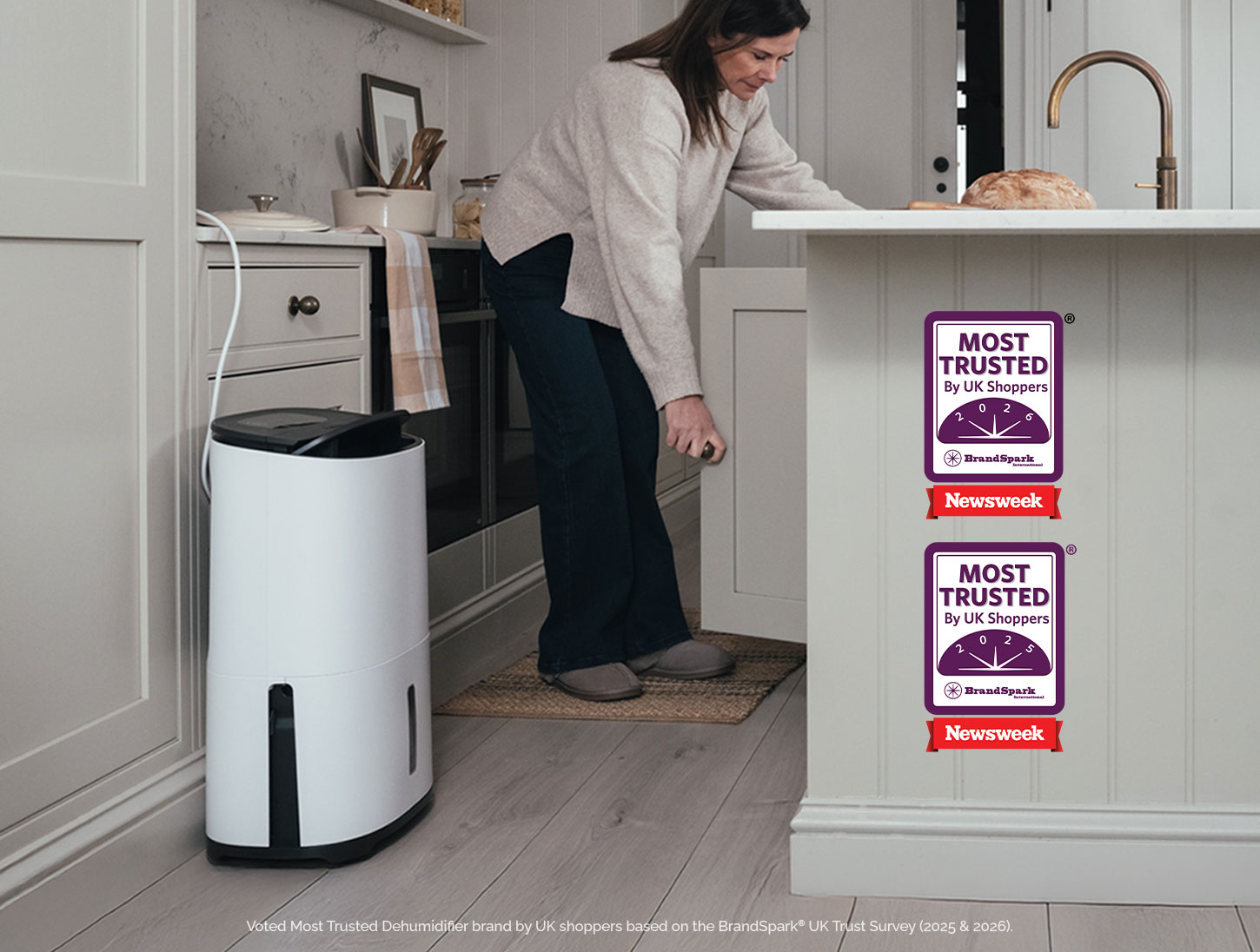
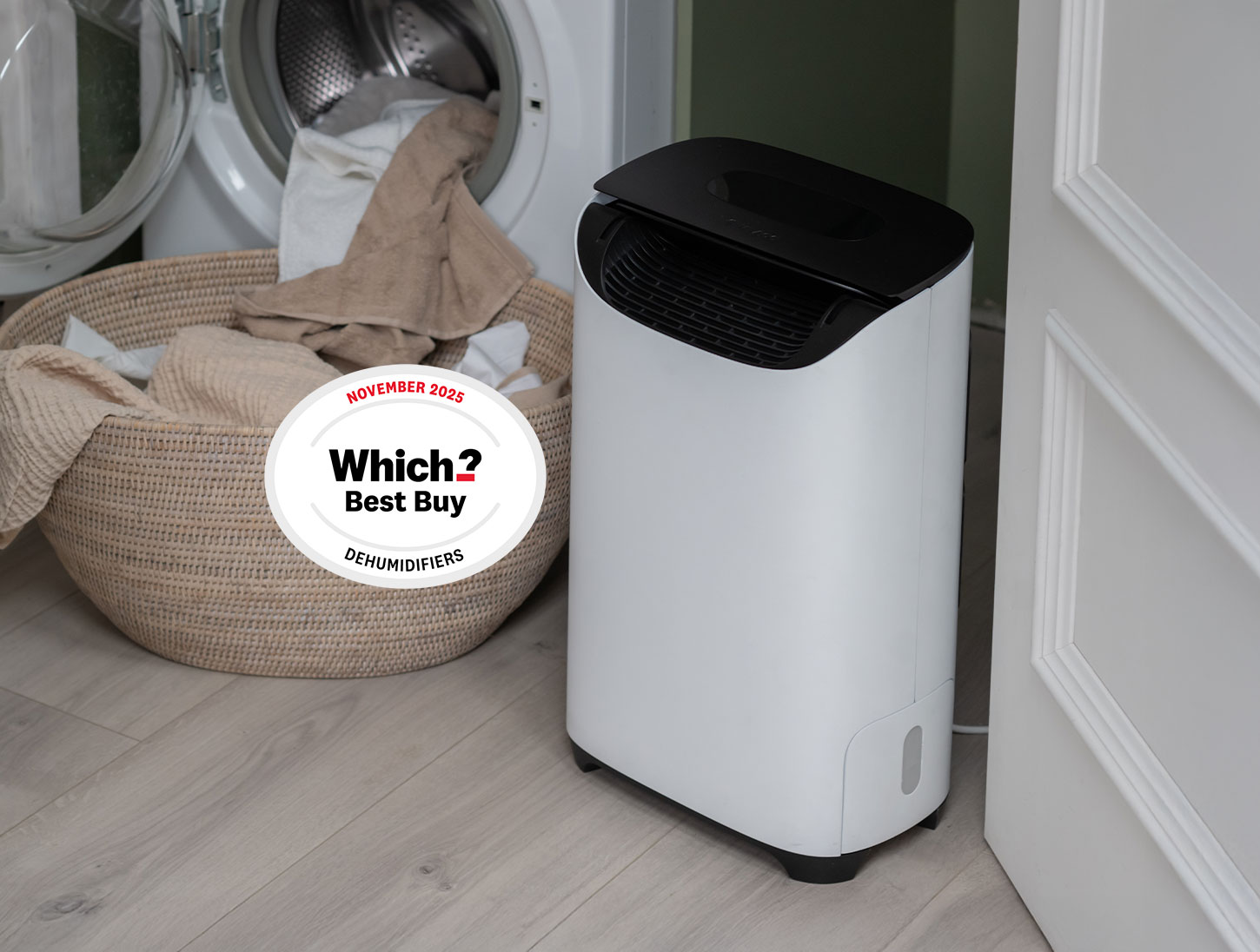
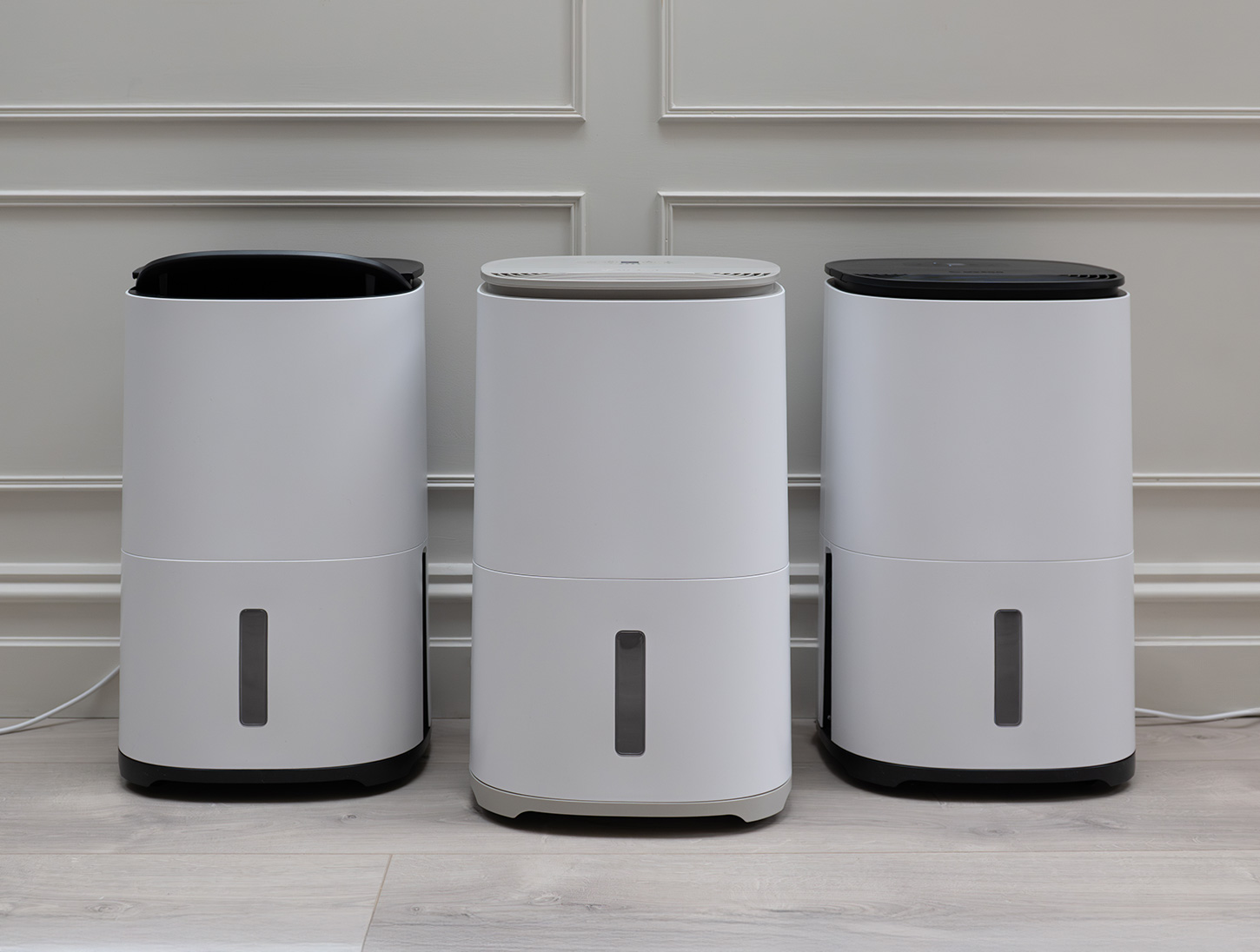
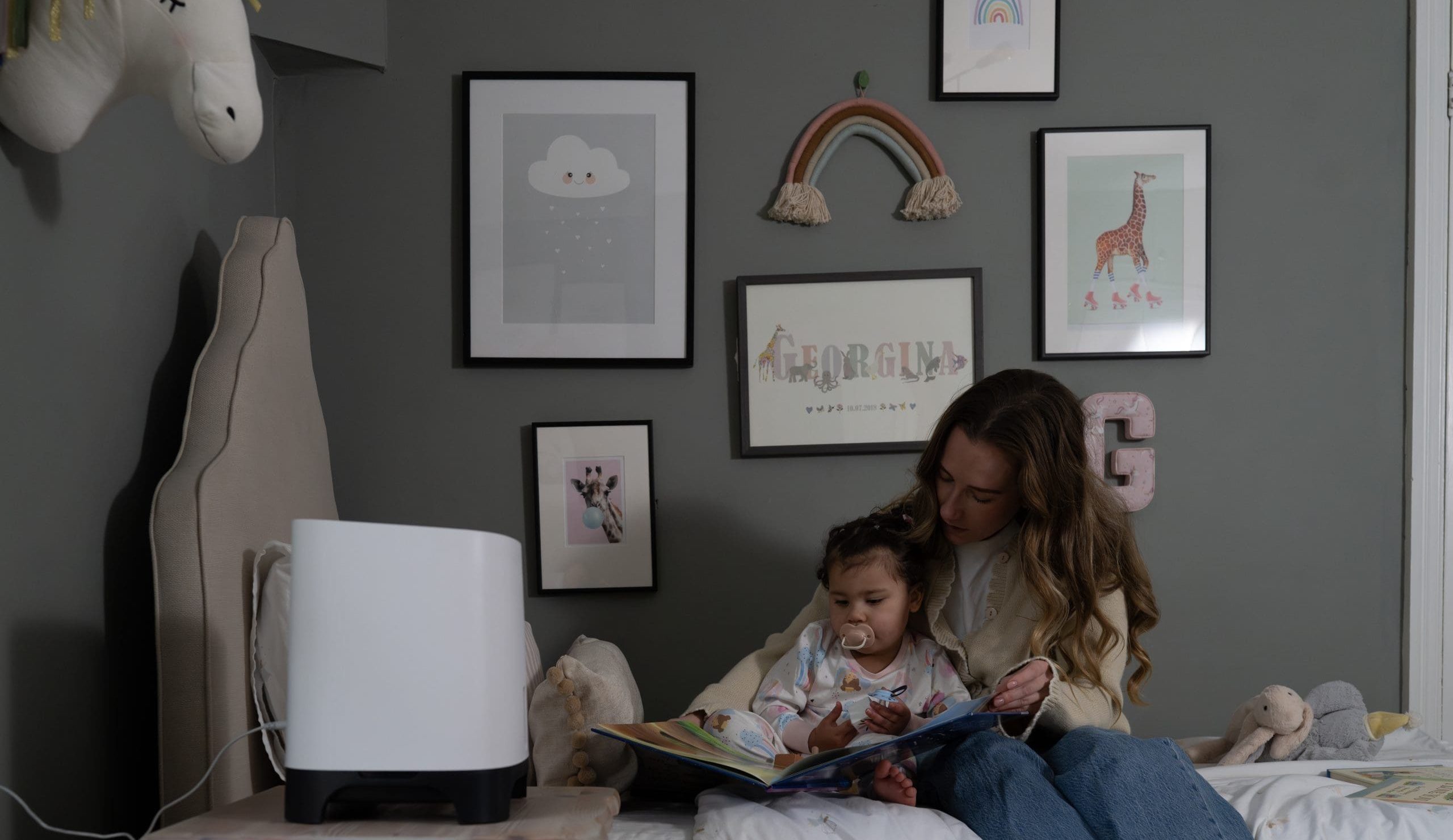

3 responses
As pensioner’s we were not looking forward to the winter bills just like millions of other’s, we could feel the damp around the house and on our clothes. We have a tumble dryer which I was not looking forward to useing because of the cost. I like to dry my washing outside and finish in the dryer. Then I saw an advert for the dehumidifiers we decided to go for it. We don’t regret it for one second. I now plan my wash loads as well and the drying is sorted with a small fan going as well to help. Our home feels different it is drier and the air is fresher and feels cleaner. We honestly do not know how we managed before I used to get fed up of running in and out for washing every time it rained just like it is this morning. Our utility bill isn’t anywhere near as expensive as it was.
Kathleen,
That is wonderful to read, we value your feedback and pleased to see the positive impact using a dehumidifier has had in your day to day lives.
If we can assist you, you can always give us a call or send in an email with any questions.
Best,
Omar@Meaco.
Hoping to find the same with the one we bought just a few days ago. I’m astonished at the amount of water it collects